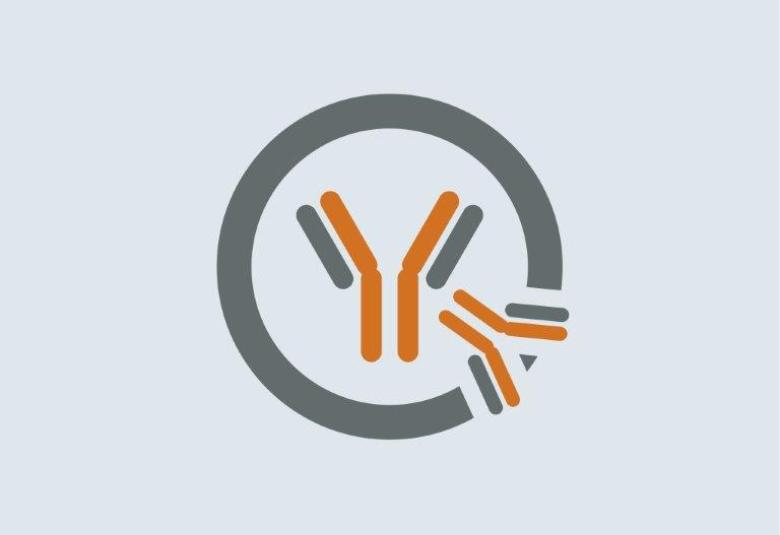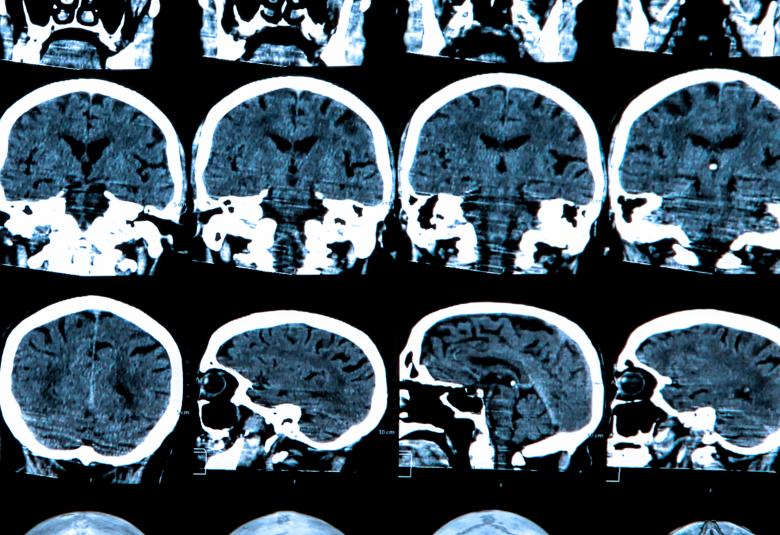Functional outcomes as a marker of treatment success
Depression can have a significant impact on patients’ daily lives, whether before, during, or after treatment. In one analysis from the STAR*D trial, quality of life (QoL) was assessed using the QoL Enjoyment and Satisfaction Questionnaire (Q-LES-Q):1
- Before treatment, just 3% of patients with depression experienced a QoL that was deemed ‘normal’
- Up to 60% of patients thought to be in remission following treatment continued to experience a reduced QoL
The impact of antidepressant therapy on a patient’s quality of life is an important consideration when determining treatment success.2




